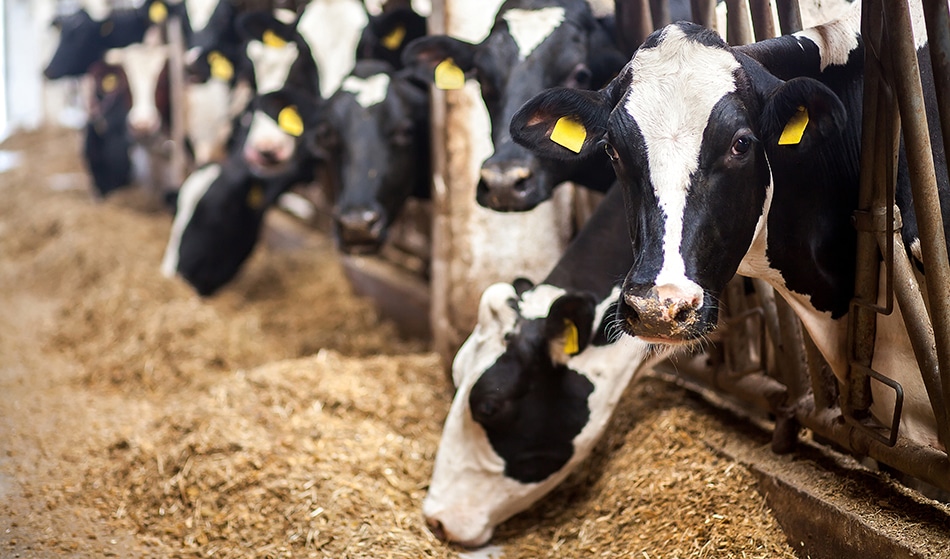ISO 11290-1 Listeria monocytogenes Detection in Feed Samples
The presence of harmful microorganisms such as Listeria monocytogenes in agricultural and animal feed can pose significant risks to both livestock and human health. This is why regulatory bodies worldwide mandate thorough testing for these pathogens before commercial release.
In our laboratory, we specialize in performing the ISO 11290-1 method, which provides a standardized approach to detect Listeria monocytogenes in feed samples. Our comprehensive service ensures accurate and reliable results that meet international standards, thereby supporting your compliance efforts.
The testing process begins with receiving your sample from the field or production facility. After receipt, we ensure proper storage conditions to preserve the integrity of the sample. Specimen preparation involves homogenization followed by selective enrichment cultures designed specifically for enhancing the detection of Listeria monocytogenes. Once identified, further confirmatory steps like biochemical tests are conducted to finalize the identification.
Our expertise lies not just in executing these procedures but also providing detailed reports that outline every step taken during analysis. Compliance officers and quality managers can use this information effectively when addressing any issues raised by regulatory authorities or internal audits.
We adhere strictly to ISO 11290-1 guidelines throughout our process, ensuring consistent results across all tests performed. By partnering with us, you gain access to state-of-the-art facilities and experienced personnel who are dedicated to delivering high-quality analytical outputs.
Our commitment extends beyond mere compliance; we strive for continuous improvement in our methods and technologies. Regular training programs keep our team abreast of advancements in microbiological testing so they can stay ahead of potential challenges faced by the industry.
Applied Standards
| Standard Name | Description |
|---|---|
| ISO 11290-1:2015 | This standard specifies procedures for the detection of Listeria monocytogenes in feed samples. It encompasses various methods including enrichment, isolation, and identification techniques. |
Benefits
- Enhanced food safety by identifying potential hazards early in the supply chain.
- Compliance with international regulatory requirements ensuring smooth market entry for your products.
- Reduced risk of recalls and associated costs through proactive quality control measures.
- Improved reputation among consumers who value safe, high-quality agricultural inputs.
Quality and Reliability Assurance
At our laboratory, we maintain stringent quality assurance protocols that are in line with ISO/IEC 17025 accreditation requirements. These measures ensure that every test conducted adheres to strict quality control standards.
We employ advanced detection technologies and analytical tools which allow us to achieve precise results even when dealing with trace amounts of pathogens. Our rigorous calibration procedures guarantee accurate measurements at all times.
Data integrity is paramount, so we implement robust data management systems that protect against unauthorized access or modifications. This commitment to safeguarding information ensures confidence in the reliability and accuracy of our findings.





